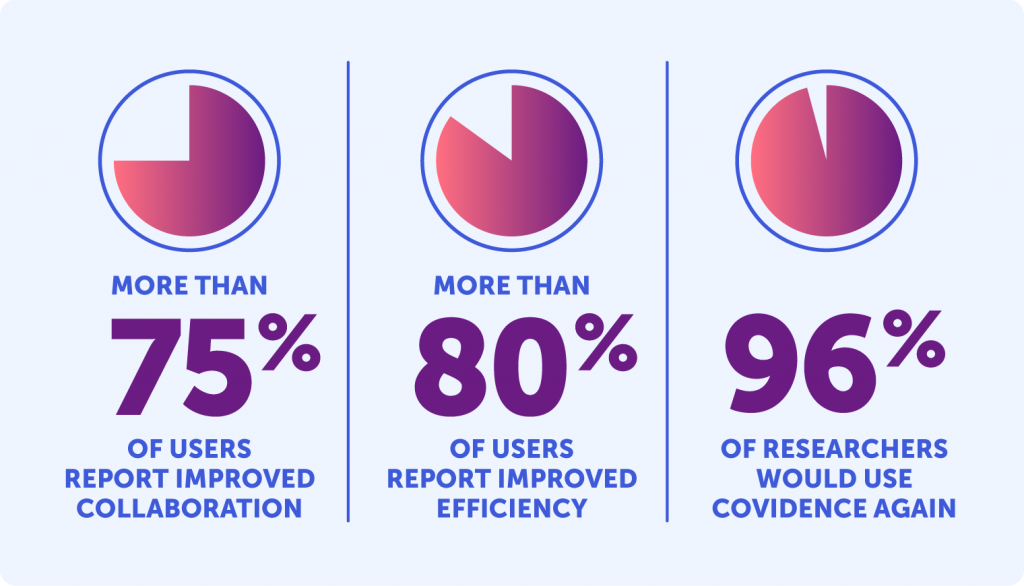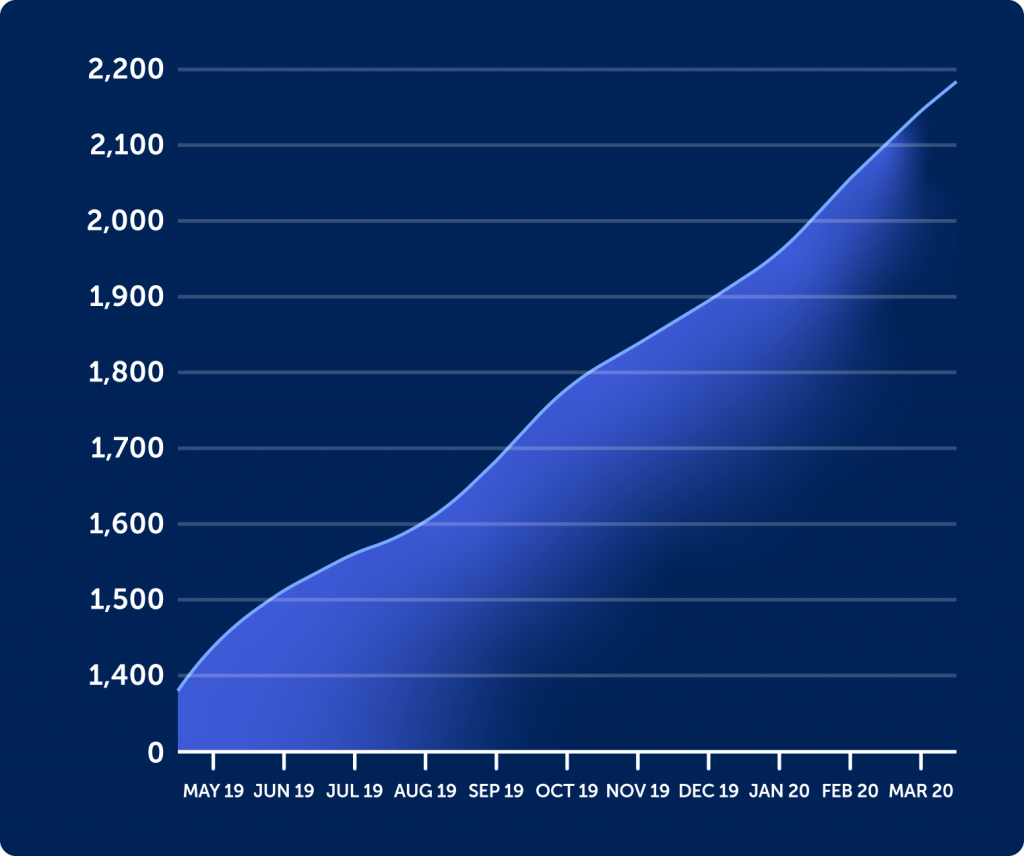University of North Carolina-Chapel Hill Leads in Systematic Review Education and Training
The Problem
In addition to providing increasing support to researchers and clinicians doing systematic review research, staff at the University of North Carolina-Chapel Hill Health Sciences Library (HSL) are also supporting students studying systematic review principles in classes offered by the schools of Nursing and Public Health. In these classes, students learn the fundamental steps involved in completing high quality systematic reviews and create a small “systematized review” without a second screener.
Before implementing Covidence, it was difficult to support all these user groups effectively; everyone was coming to the library saying they wanted to write a systematic review, but few users had a clear idea of the effort and time that was required to complete a systematic review research project. A significant amount of staff time was dedicated to orienting these researchers to the process and guiding them through the manual steps to achieve appropriate blinding of articles using resources like Excel.
Key Takeaways
A systematic review solution built on best practices drives students and researchers to create highquality, publishable research
An easy-to-learn resource for users allows librarians to focus on more complex phases of the systematic review research project
Administrative dashboards allow research teams to set goals and enable library staff to track review progress
The Solution
Implementing an unlimited, university-wide Covidence solution took a huge burden off the HSL staff by allowing them to provide a tool that could be utilized throughout the entire systematic review process. Students could be taught how to use it and set up a review in 30 minutes or less; their teams could easily get started, setting up inclusion and exclusion criteria and moving quickly through the screening process. Librarians could then step away and be available later in the project for consultation around more complex tasks like data extraction and quality assessment.
Core Benefits
- Utilizes best practices for screening and extraction
- Valuable asset for teaching students about systematic reviews
- Automation frees up library staff time for education
- Consistent, expert user support across the organization
Some HSL users were almost in tears (literally!) when they saw the process of screening with Covidence vs. screening in either Endnote or Excel. They provided feedback to the library that this would absolutely change the way they would conduct their systematic reviews in terms of the amount of time it takes.

And, according to an internal survey conducted by HSL staff, students and researchers at the university like the Covidence solution. For example, more than 80% of survey respondents say that Covidence improves their efficiency “a great deal” by effectively organizing the project, saving time in article screening, and streamlining the systematic review process. More than 75% of users report that Covidence improves their collaboration “a great deal” by allowing them to track team progress and efficiently resolve screening conflicts. Overall, an impressive 96% of University of North Carolina researchers would use Covidence again.
We strive to provide our students with educational experiences and resources that empower them to successfully navigate complex information and learn how to synthesize data into high-quality research. Leveraging tools like Covidence can help facilitate an understanding of the complexity involved with the research process and can encourage development of critical team-building skills.
Nandita Mani, Ph.D.
Associate University Librarian for Health Sciences & Director, Health Sciences Library, University of North Carolina at Chapel Hill
As a result, their sitewide usage of the tool has been phenomenal, as evidenced by Figure 1.

Having an automated collaboration platform to streamline and standardize research has allowed the HSL to take more of a leadership role in the systematic review process for both students and researchers, providing subject matter expertise to drive higher quality research and higher publication rates at the university.
Covidence is used by world-leading evidence organizations



